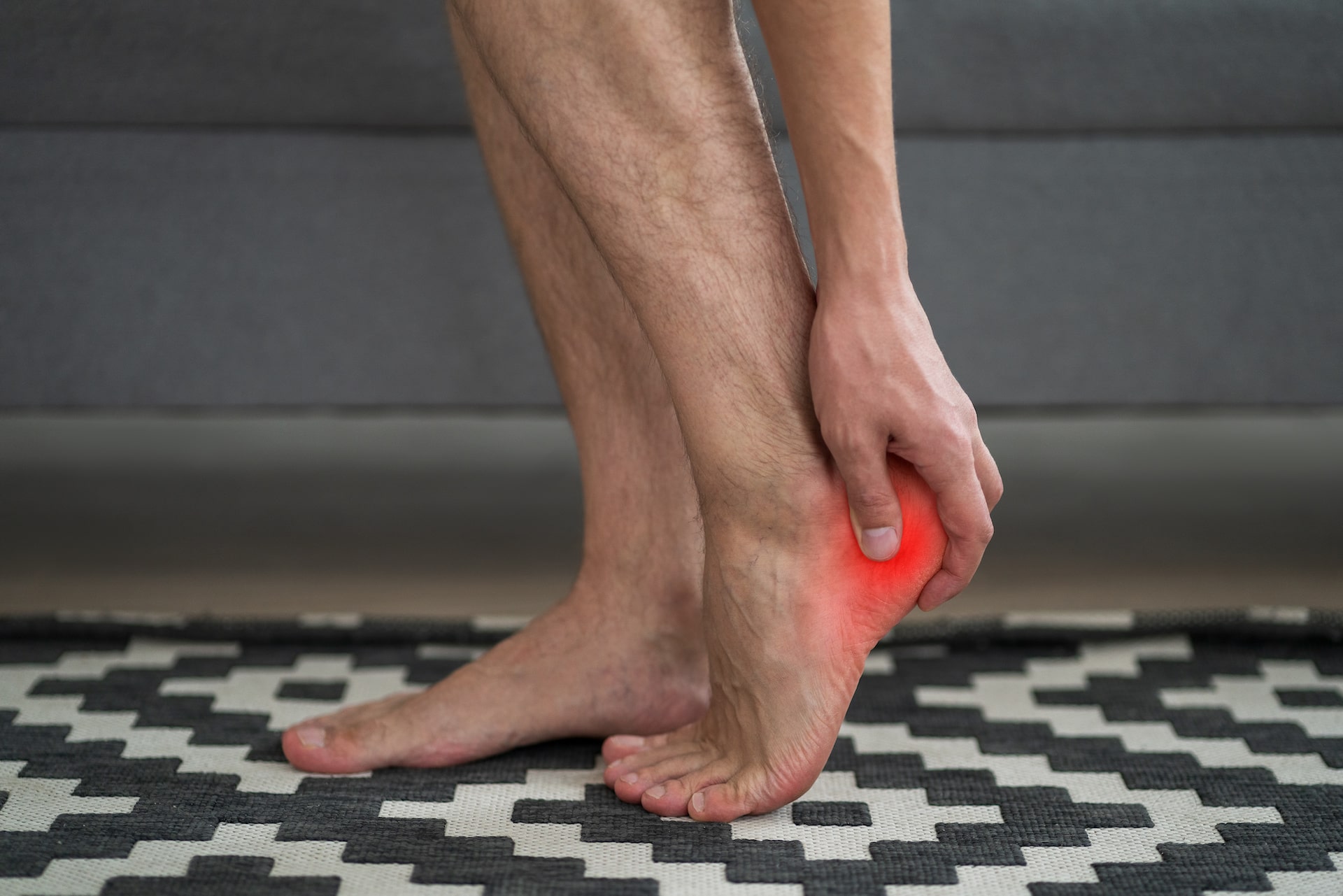The effects of exercise on peripheral neuropathy
Recent studies have indicated that exercise may slow the progression of neuropathy. Most studies have focused on the effects of walking, but there is evidence that the benefits extend to other forms of activity as well. In one study, participants were asked to walk on a treadmill for an hour per day, four times per week. In these patients, the progress of their peripheral neuropathy was significantly slowed.
Getting started on an exercise program
If you have peripheral neuropathy, it is important to exercise under the guidance of your doctor. While exercise has been shown to slow the progression of peripheral neuropathy, it is important to proceed with caution and care to prevent injuries. In addition to getting your doctor’s permission before starting an exercise routine, be sure to maintain your blood sugar within a healthy level and avoid exercising if your blood sugar goes over 250. If your blood sugar is 250 or higher, bring it back within a normal range as soon as possible and maintain that healthy number before returning to your exercise routine.
Start exercising slowly to see how your body responds. Measure your blood sugar both before and after exercise every time, and keep a record. It is important to understand how exercise affects your blood sugar and the impact it may have on your medication needs. Should you have any concerns, be sure to consult your doctor.
In addition to obtaining the guidance of your doctor, starting slow, and monitoring your blood sugar, monitor your feet before, during, and after exercise. As you progress to increased walking speed, exercises involving heel raises, or higher intensity, it is even more important to take good care of your feet. Wear clean, dry socks for every exercise session and change into another pair of clean, dry socks when you are done exercising. Because peripheral neuropathy changes sensations in the feet, it is important to take steps to prevent any damage or breakdown of the skin of your feet.
Exercises and activities to start with
If you aren’t used to exercising or don’t regularly take part in physical activities, be sure to take your time and ease into a new routine. You may also want to start with exercises that don’t put a significant amount of pressure on the soles of the feet. Many with peripheral neuropathy find that activities such as swimming, low-to-moderate intensity walking, balance ball training, and bicycling are easy on the feet. Continue to monitor your overall health and the state of your feet, and stop and consult your doctor should you encounter any complications.
Although the study involved walking for an hour at a time, most patients will see benefit from 30 minutes of aerobic exercise five days per week. If carving out a half hour of your day seems like too much, or if you can’t sustain exercise for that long, some benefit may still be had by breaking your exercise up into ten-minute sessions. Take a ten-minute walk before breakfast, at lunch, and after dinner.
To learn more about peripheral neuropathy and exercising safely, call Kansas City Foot Specialists today at (913) 338-4440.



